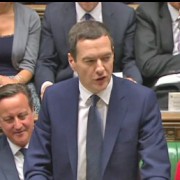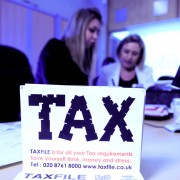Big Changes Coming to the Tax System
Starting on 1 April 2018, a brand new tax system, one that will affect most business owners in the UK, will begin to roll out. Whether you’re a landlord, are working for yourself as a sole trader or have a limited company, the changes will affect you.
So what’s happening?
Instead of a once-a-year tax return, HMRC will require quarterly profit and loss information. So, that’s four times a year. For Taxfile clients, that means we’ll need to know all your income and expenses during every quarter so that we can make the necessary financial data available, on your behalf, to HMRC. As well as your bank statements, we’ll need to see receipts for the expenses, whether they’re provided physically or via a suitable electronic medium (there are plenty of apps and software packages for this purpose). Once we have everything for the quarter in question, we will be able to make sure that you’re claiming for all the allowable expenses that you are eligible for and aren’t claiming for things that you shouldn’t, so that your figures are absolutely correct.
If you don’t file in time there could be an HMRC penalty, so letting Taxfile handle your quarterly reporting will help to keep you on track seamlessly when the new changes come into force. We’ll be able to confirm our own pricing nearer the time but it’s likely to be circa just £75 per quarter, excluding VAT.
A ‘cash basis’ system
The new tax system will be known as a ‘Cash Basis’ system and will also allow tax to be paid to HMRC on a pay-as-you-go (PAYG) basis. Essentially, it means that businesses need only calculate their profits based on receipts and payments, which is far more straight forward than the more complex system that currently exists. When integrated into the Government’s new ‘digital tax accounts’, the system will really help to simplify tax, make budgeting and cash-flow easier through near real-time reporting and eventually remove the need for the traditional tax return at the end of the year — that’ll eventually be the case for virtually everyone. As an added bonus it’ll also mean that business owners keep more on top of their bookkeeping and thereby avoid a last minute scramble to update records. Taxpayers will also be able to see a complete financial picture of their tax affairs in the one place — their digital account — and all their liabilities and entitlements will be clear to see and manage more effectively than ever.
Taxfile
Nearer the time the changes come into place, Taxfile will be there to help its customers adapt to the new system and between us we’ll make sure that it’s easy and hassle-free. We’ll be able to Read more

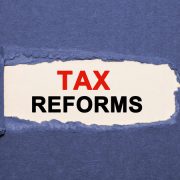
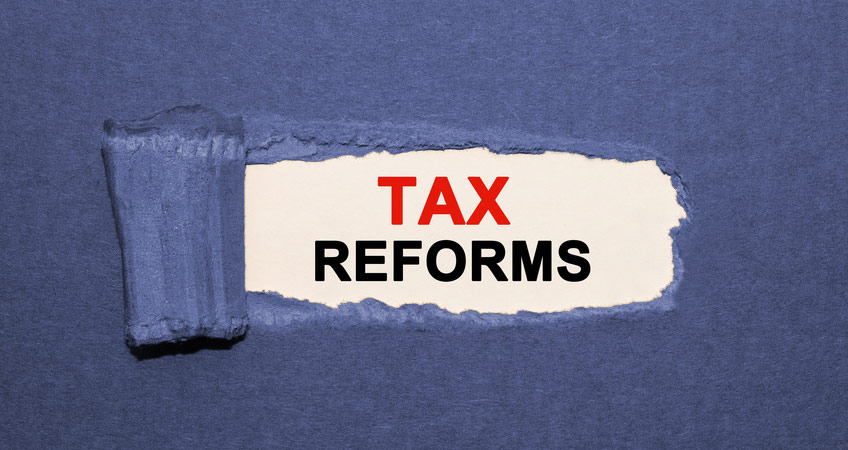
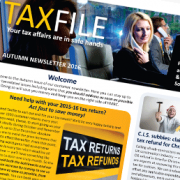
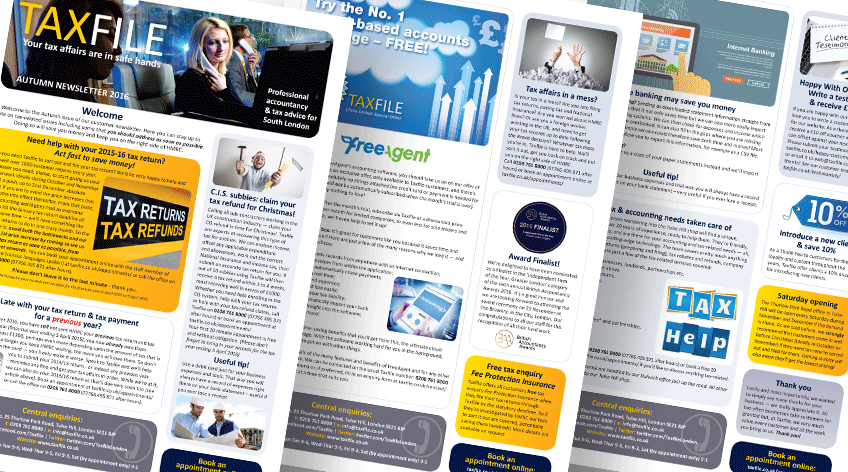
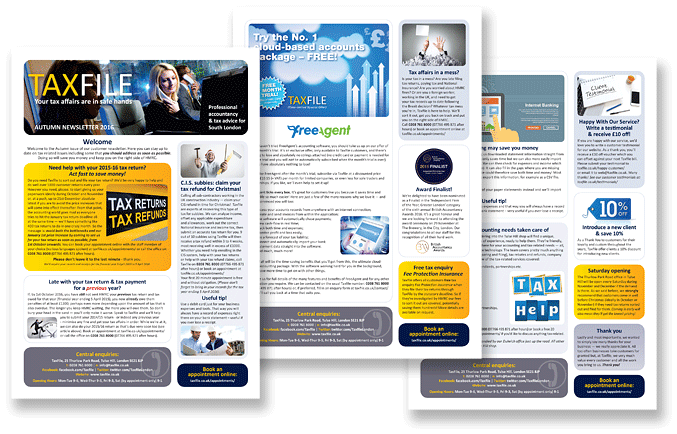

 [UPDATE: Please note that this offer has now expired]. Taxfile’s customers can benefit from an incredible offer on a range of Sage accounting packages at the moment. We’re offering a FREE or, in effect, heavily subsidised* Sage accounting package to all active Taxfile customers, whether existing or new. There are various different packages available so we’re sure we’ll have one which will suit every customer perfectly. The list of benefits is almost endless — here are just a few:
[UPDATE: Please note that this offer has now expired]. Taxfile’s customers can benefit from an incredible offer on a range of Sage accounting packages at the moment. We’re offering a FREE or, in effect, heavily subsidised* Sage accounting package to all active Taxfile customers, whether existing or new. There are various different packages available so we’re sure we’ll have one which will suit every customer perfectly. The list of benefits is almost endless — here are just a few: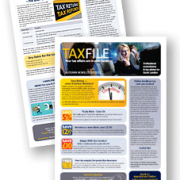
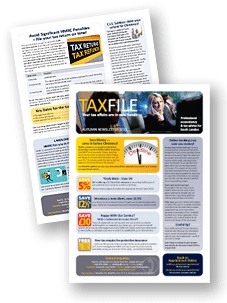

 TaxFile are offering a 5% reduction for clients who can submit their accounts to us before December 21st this year. This helps both of us — you receive a 5% reduction in your bill and it eases the rush in the New Year, our busiest time.
TaxFile are offering a 5% reduction for clients who can submit their accounts to us before December 21st this year. This helps both of us — you receive a 5% reduction in your bill and it eases the rush in the New Year, our busiest time.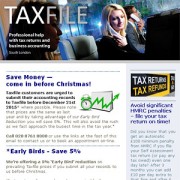

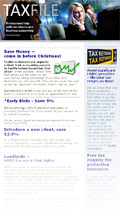
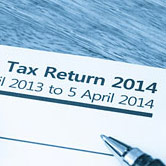
 If you still haven’t filed your tax return for the financial year up to 5 April 2014 you can expect the penalties from HMRC to begin racking up daily — and potentially very significantly — starting from Friday 1 May.
If you still haven’t filed your tax return for the financial year up to 5 April 2014 you can expect the penalties from HMRC to begin racking up daily — and potentially very significantly — starting from Friday 1 May.